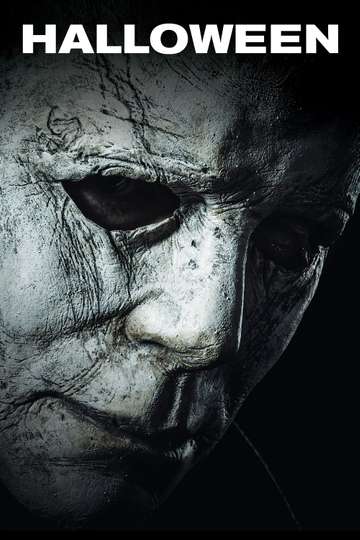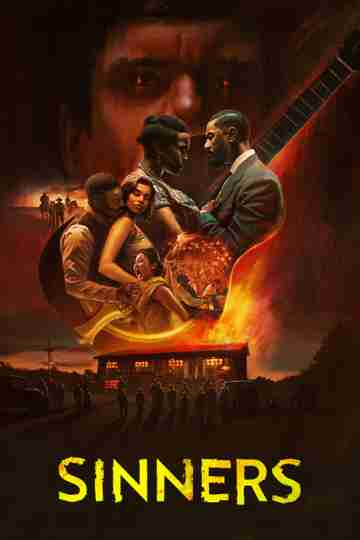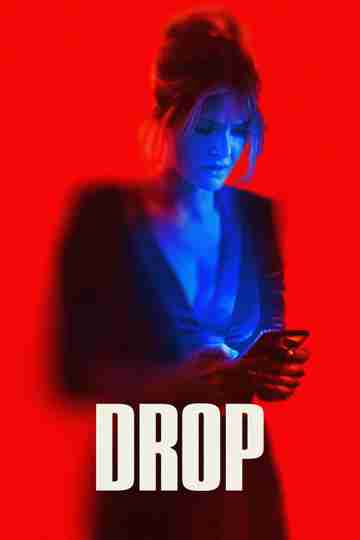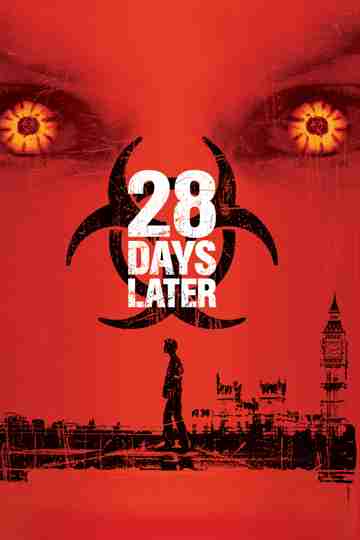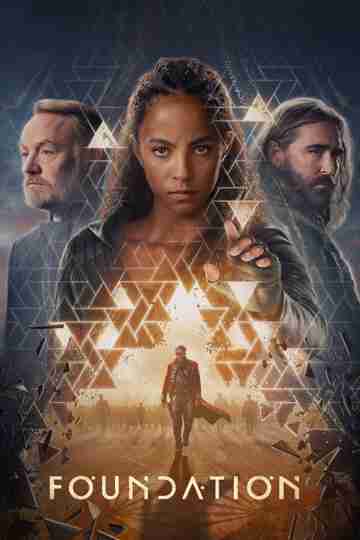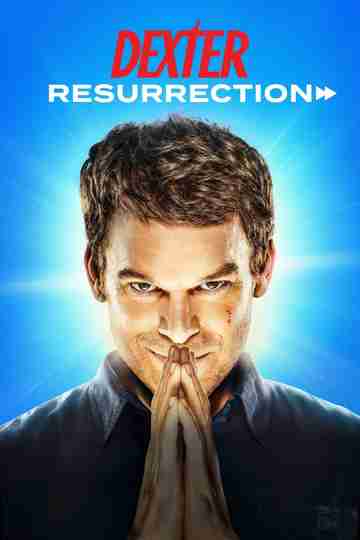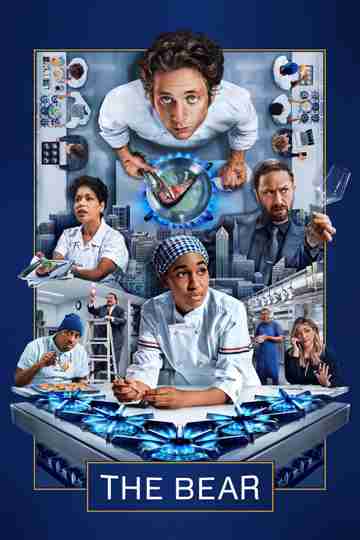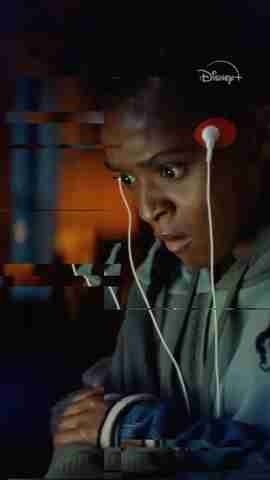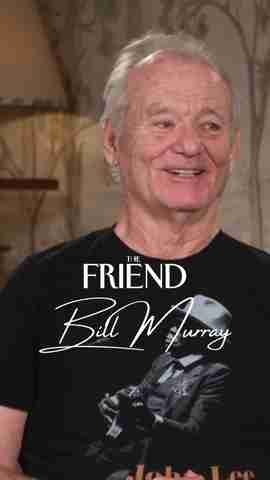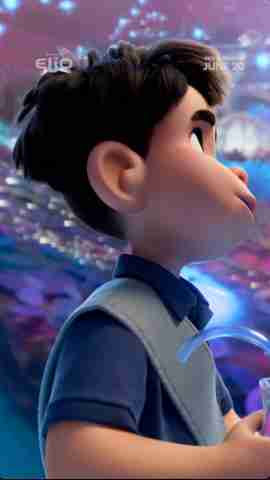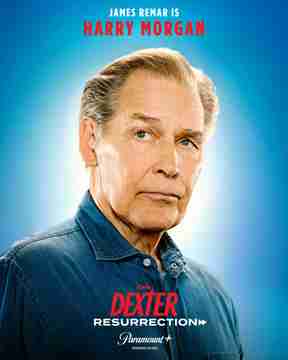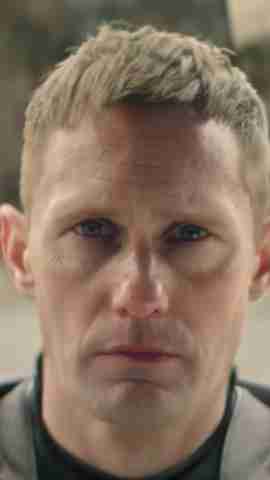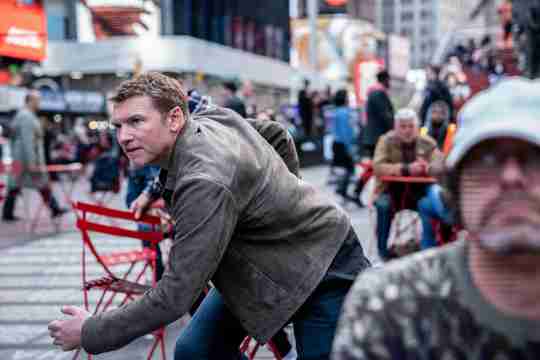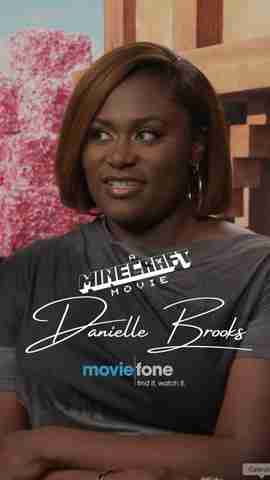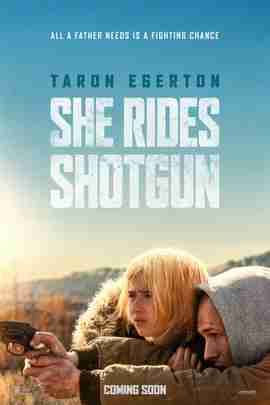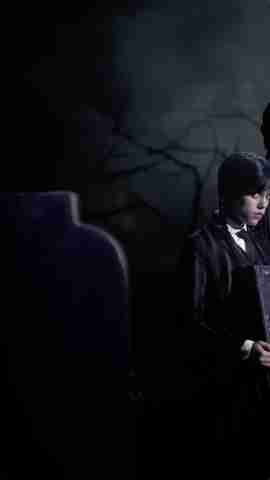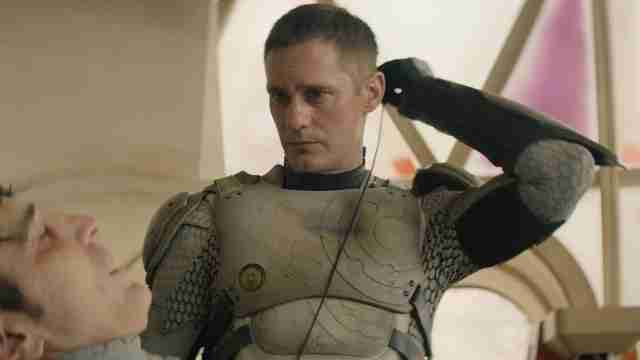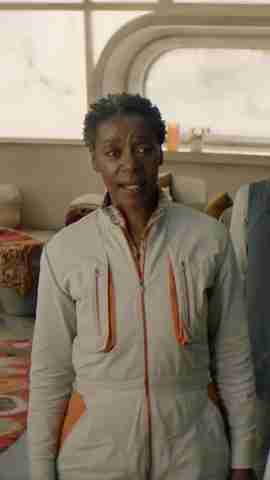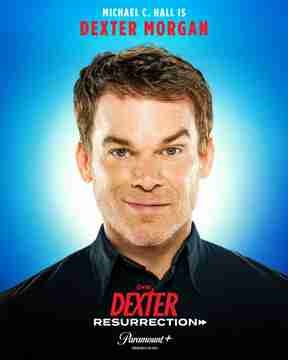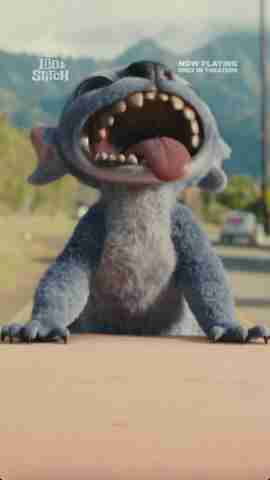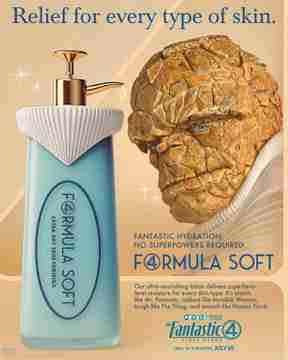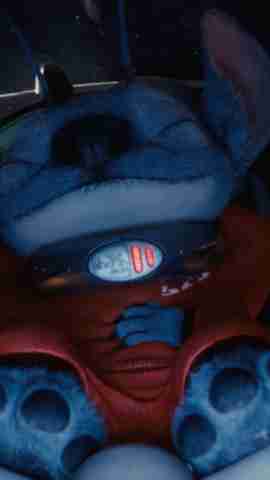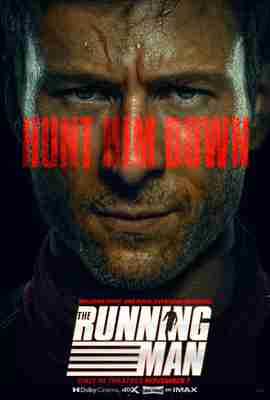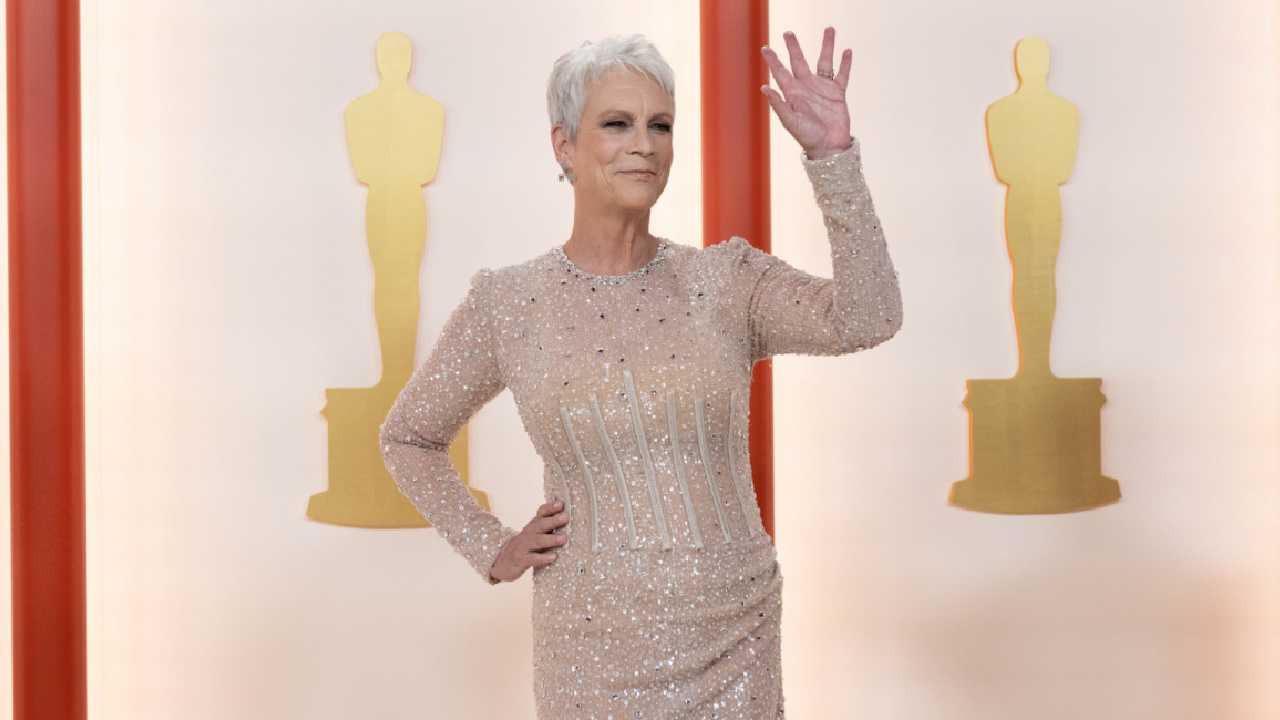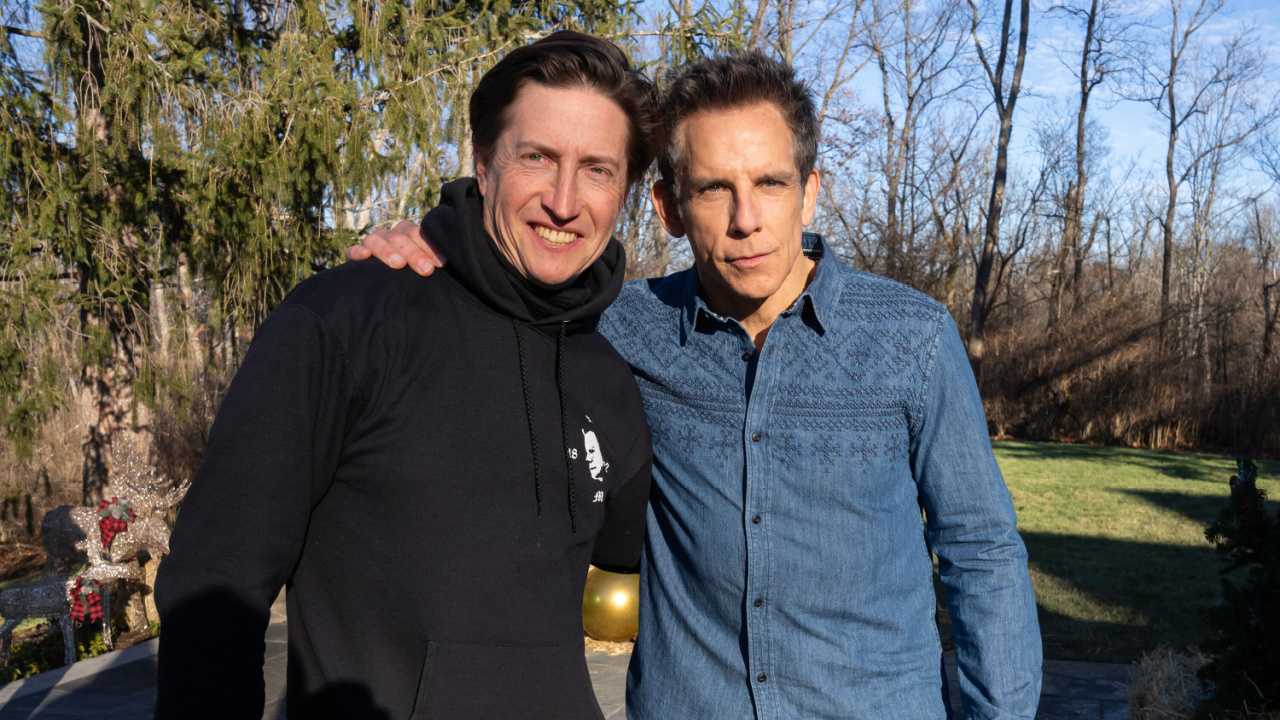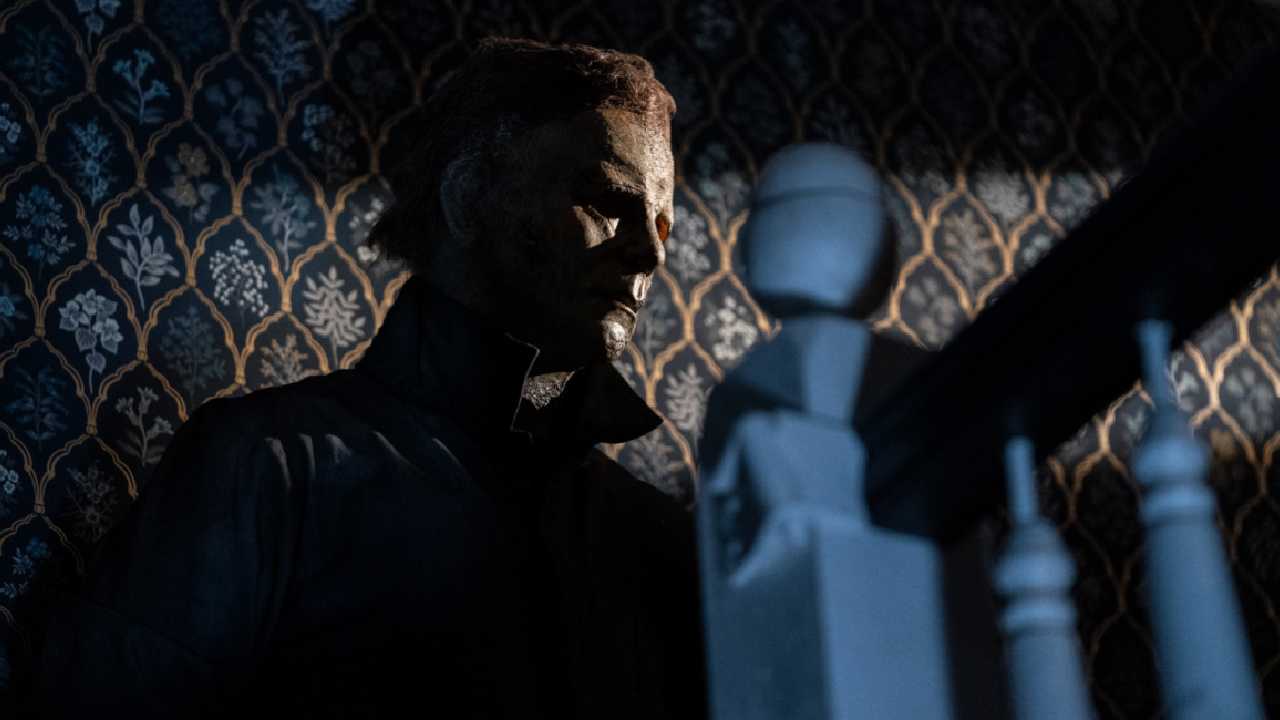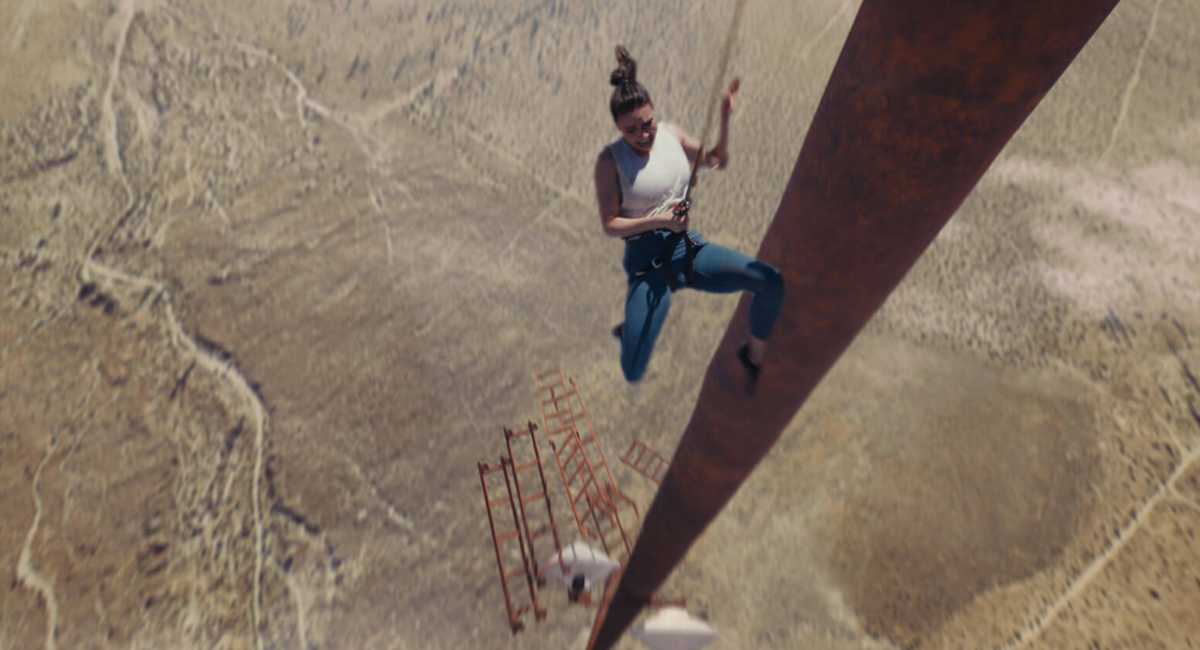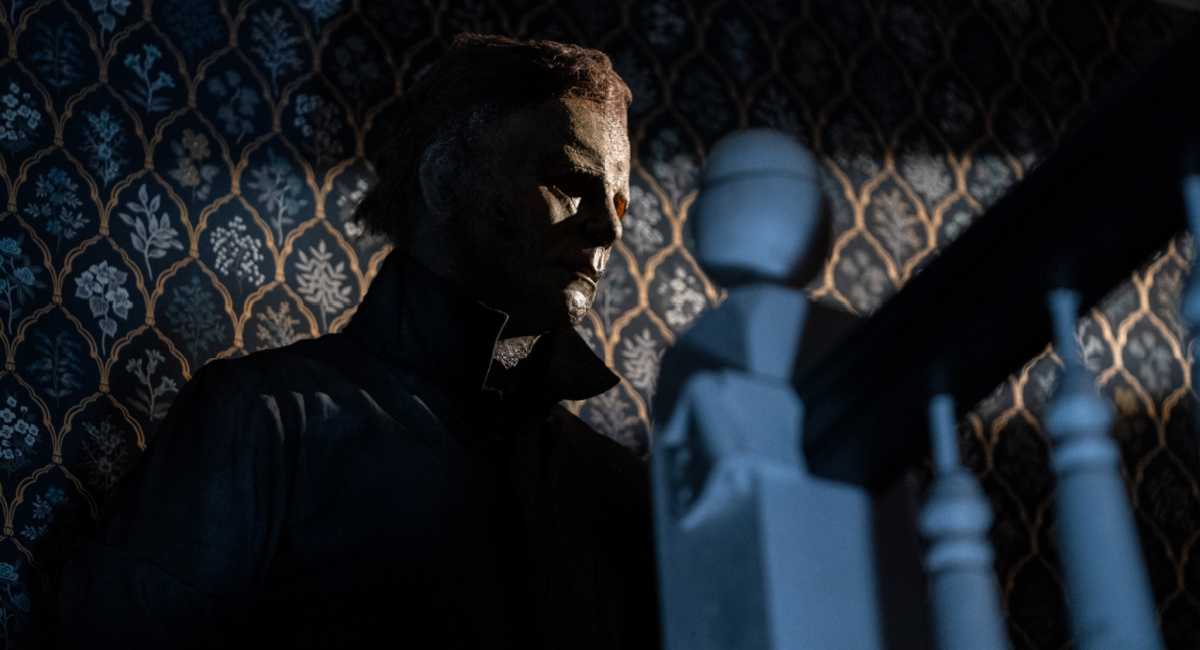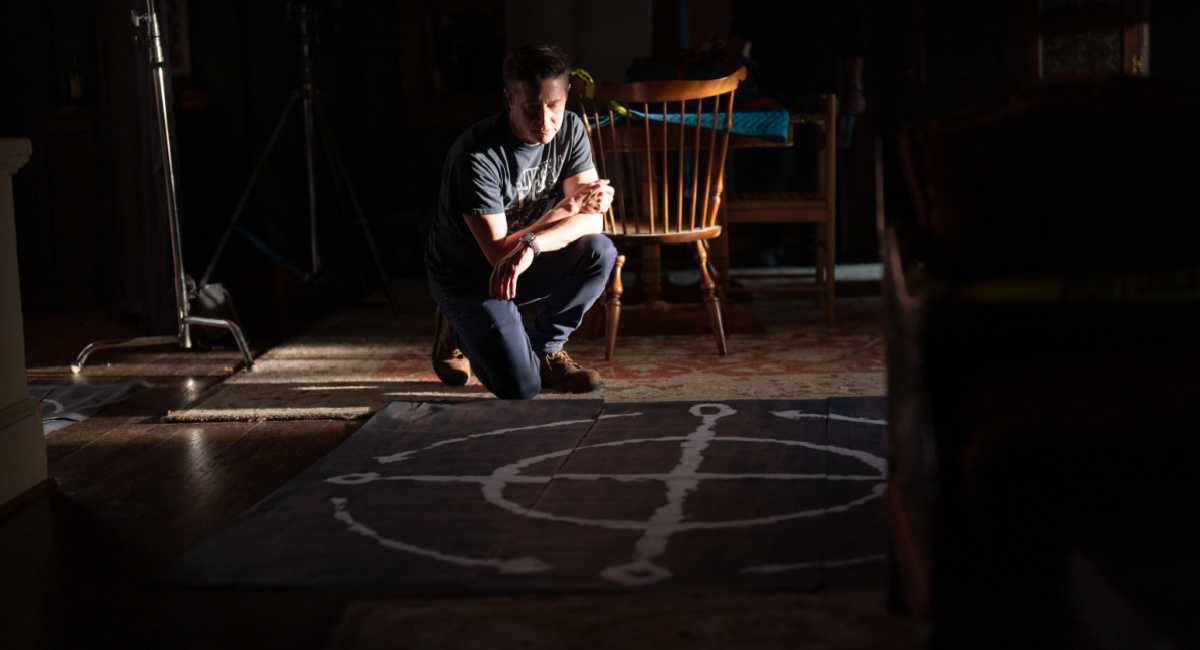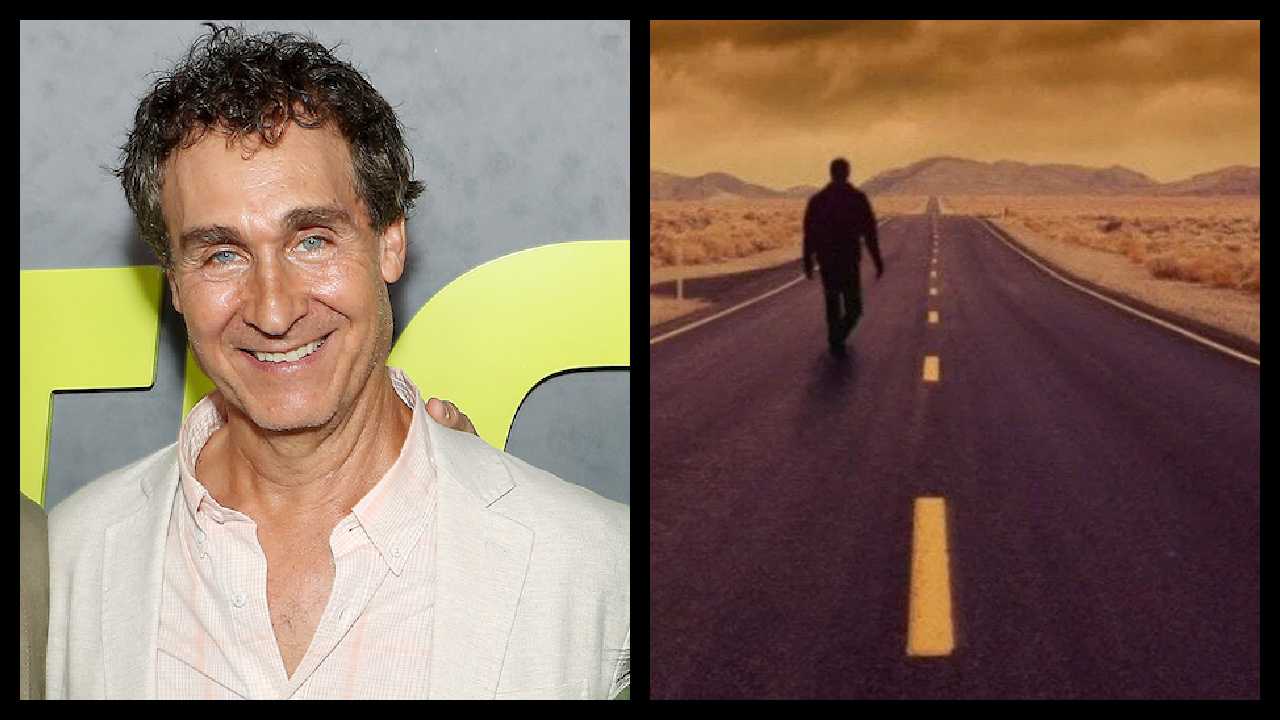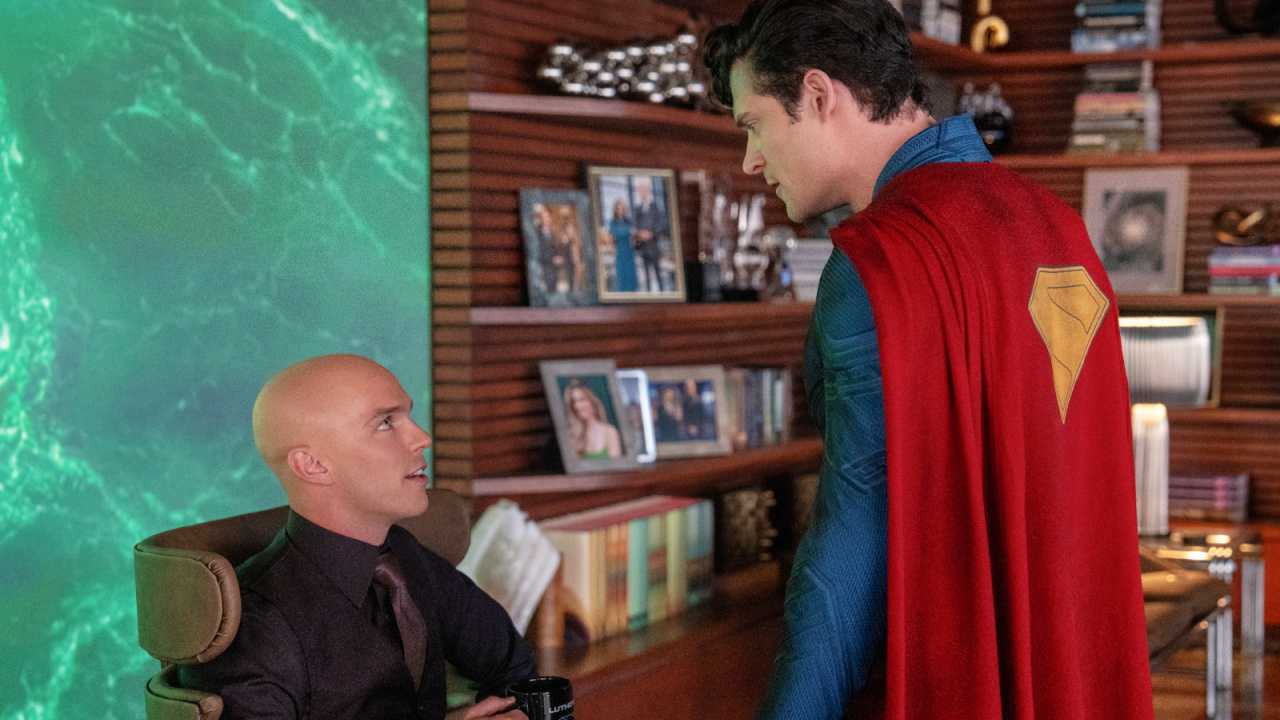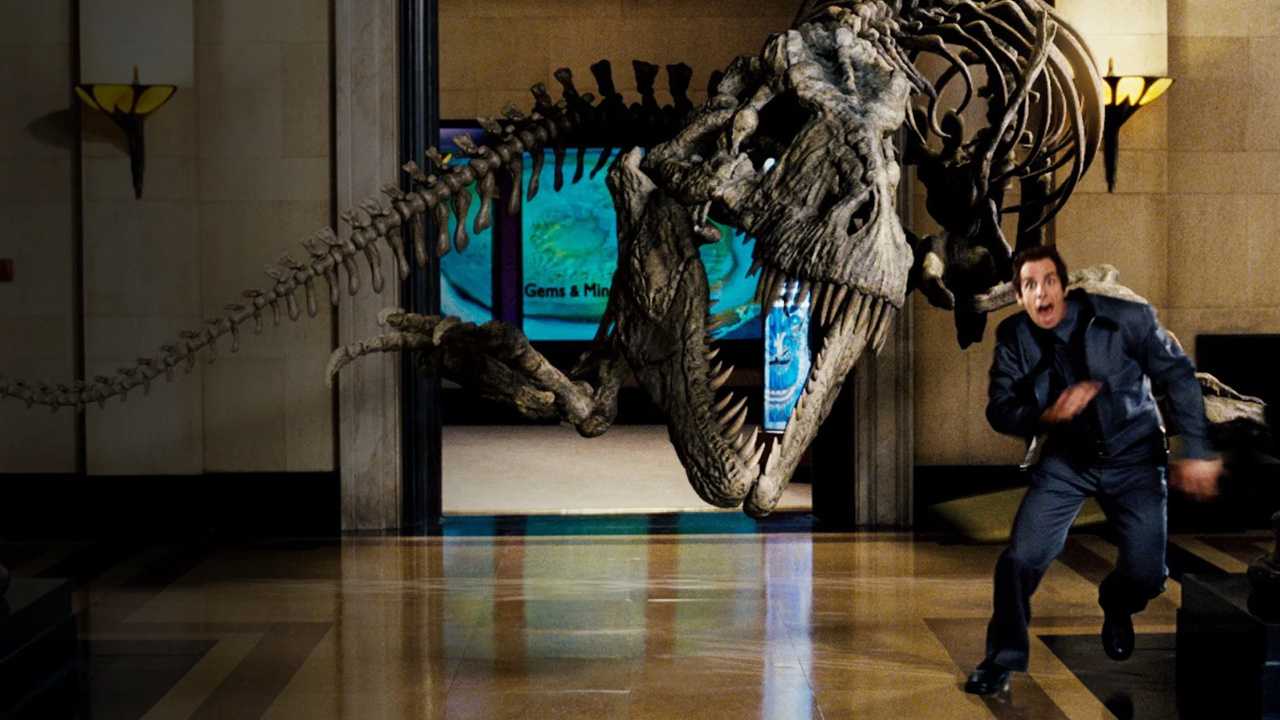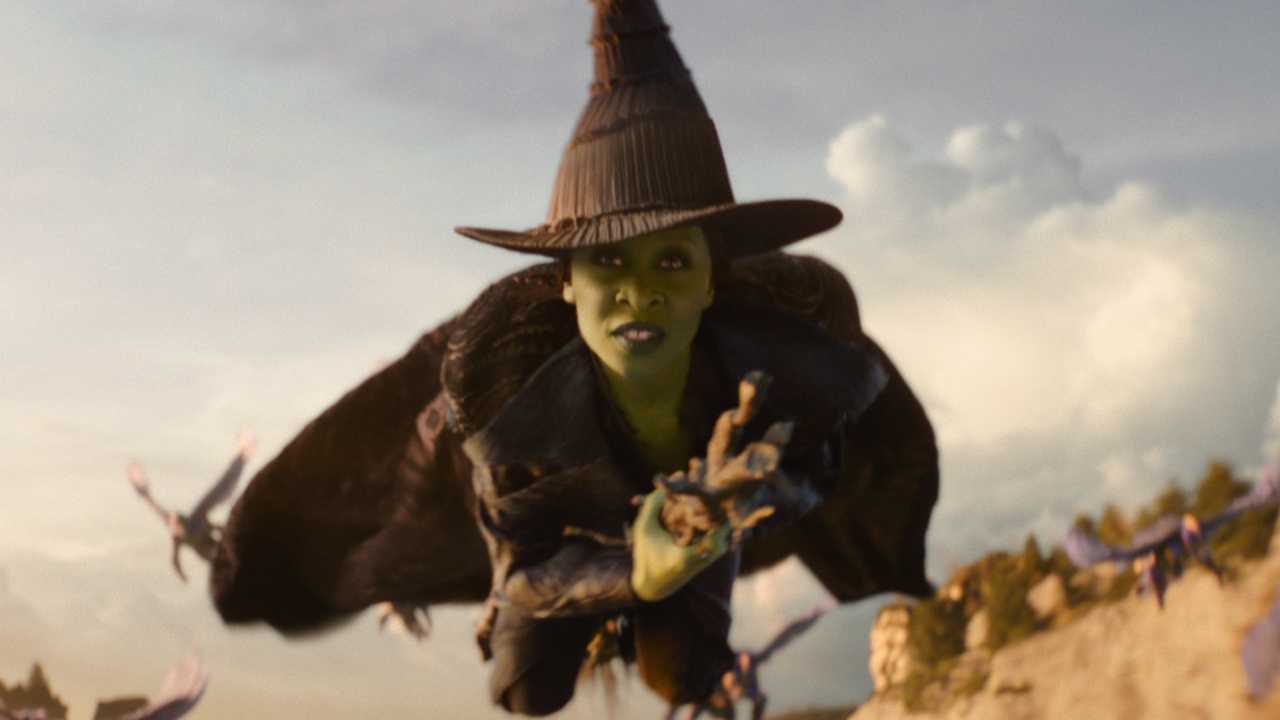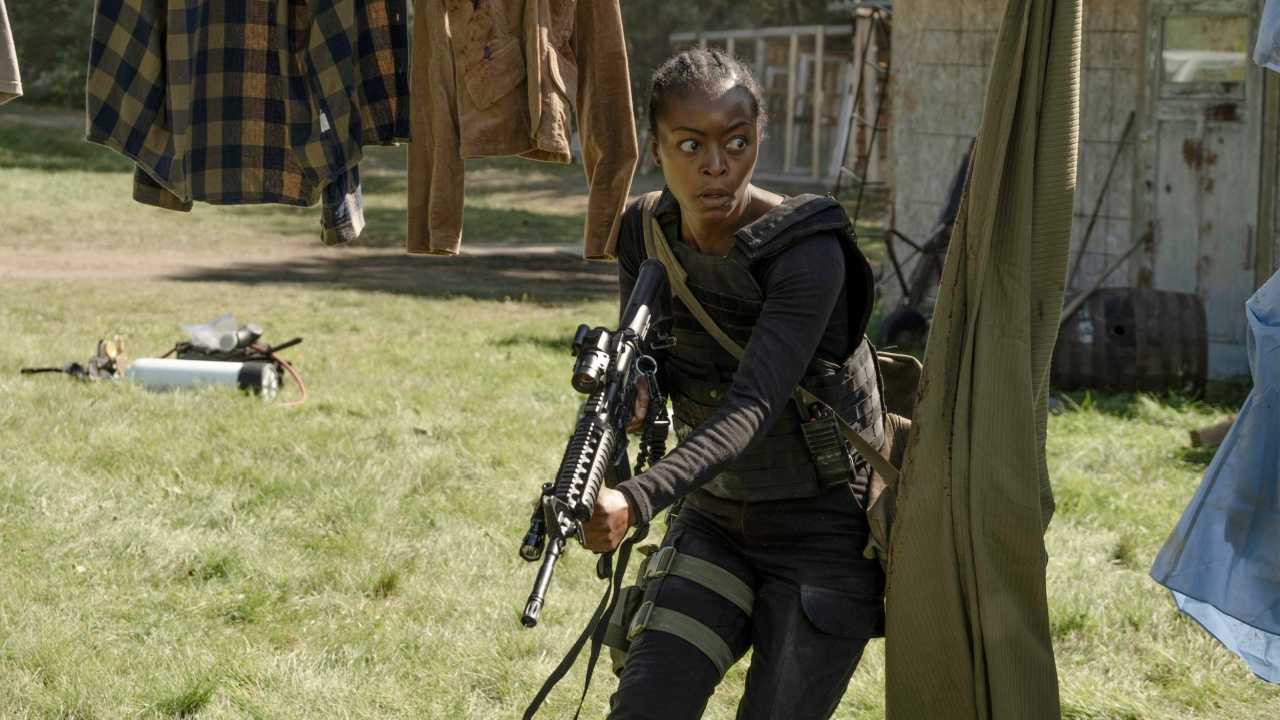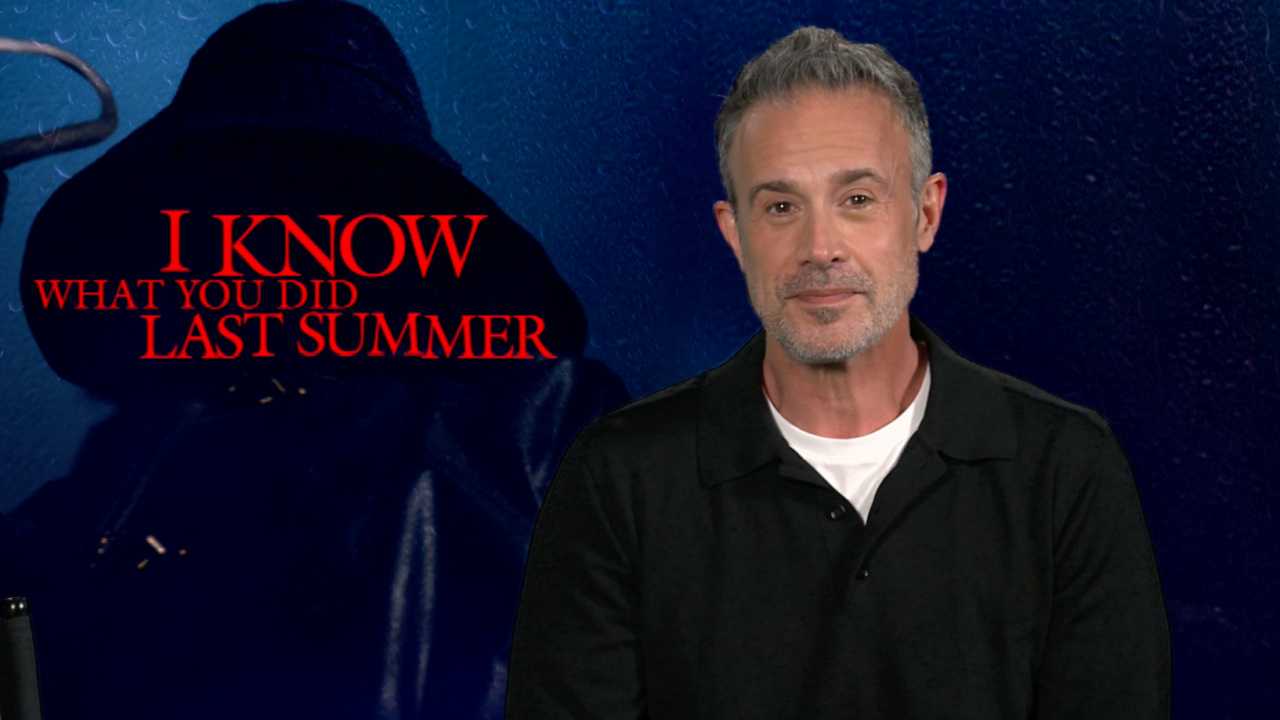'Halloween' Co-Writer Danny McBride Reveals How Nervous He Was Pitching to John Carpenter
You probably know Danny McBride as one of the funniest people on earth. He’s brilliant and hilarious in movies (“Pineapple Express,” “Your Highness,” “Tropic Thunder”) and television shows (“Eastbound & Down,” “Vice Principles”) and even the odd blockbuster (“Alien: Covenant,” "Kung Fu Panda 2").
But this week, he’s adding something to his resume: Horror auteur.
McBride both co-wrote and executive produced the new “Halloween,” alongside frequent collaborators David Gordon Green (who masterfully directed) and co-writer Jeff Fradley. And while the new movie is very funny, it’s also incredibly scary, imagining Laurie Strode (a returning and deeply brilliant Jamie Lee Curtis) 40 years after the infamous Halloween night massacre. Instead of a meek babysitter, she’s a hardened survivalist, steeling herself for the bloodshed she knows will inevitably come. (It does.)
We were lucky enough to chat with McBride a few weeks before the movie’s release, and by chatting with him you could tell that the “Halloween” opportunity was a dream come true. In our wide-ranging chat, he talked about getting involved in the project, pitching the movie to franchise godfather John Carpenter, and what it was like condensing a planned two-film saga into a single chilling chapter.
Moviefone: What was your relationship with the franchise?
McBride: I’ve always been a fan of these films. I think for a lot of people who grew up in the 1980s, Michael Myers was such an iconic villain. I think he managed to haunt everybody’s nightmares when they were little. Even when David came to me and said, “Jason Blum has asked me if I’m interested in ‘Halloween,’ what do you think about that?” My first kneejerk reaction was, No, nobody can remake ‘Halloween!’ What the f**k are they doing? But then, the more that it seemed like it was going to be real, it was like, “Well, if you’re going to do it, can I come on and do it, too, so I can make sure it comes out okay?”
David said that he first got an email from Jason that said, “Halloween?” How quickly was it from that email that you got involved?
David was in Los Angeles that week. He usually lives in Austin, but he was in LA. So he came by that next morning. And my buddy, Jeff Fradley, was there. And we all went to school together and he worked on “Your Highness” and “Eastbound & Down” and “Vice Principals.” So he’s another buddy, and he’s an avid horror fan and an avid “Halloween” fan as well. So we were sitting with David and it became, “Well, if we were going to do a ‘Halloween’ film, what would it be?” We came up with our take pretty organically.
And we got our pitch together and then we had to go to John Carpenter and pitch to him. That was horrifying and exciting at the same time. The whole thing has been surreal. At no moment in this creative process -- or even now as the movie is coming out -- all of it has been completely surreal.
What was the process of pitching to Carpenter like?
Oh, man … it was wild. I think, in my head, I never thought we’d get the opportunity to do it. Because in my head, it was like, This makes no sense. Why would anyone let us make ‘Halloween?’ Even as we were coming up with the take, in my head it was like, There’s no way this will ever happen. They’ll stop this before we get a chance to do it. So then, when I found out that everyone was digging our take, and I found out that we were going to go pitch it to Carpenter, it didn’t really register until we were walking up the steps to Carpenter’s house. It was this moment of sheer panic. Like, F**k! F**k! He’s in there! And we’re getting ready to go pitch him what we think we should do with Michael Myers. And I love John Carpenter, but I’ve never met him before. If he doesn’t like me, and he’s mean to me, that’s going to f**k me up.
It was this quick moment of panic. Then it was like, Okay, just calm down. Let’s pitch what we got. We like this. Maybe he’ll like this, too.
So we got in there and he could not have been f*cking cooler. We were in there, both David and I, and we were sweating bullets. I know David was sweating because he doesn’t wear deodorant and he smells like sh*t every time we have to go pitch something. So we’re in there and we just get right to it. He just wants to hear what it is. We start pitching it and I’ll never forget the look on his face. Then he starts nodding. And the nodding getting more enthusiastic and the idea that he was digging what we were doing and where we wanted to take it. We left there and he was onboard. And he gave us his blessing. It was unreal. It was crazy.
And the rest of it was a f*cking crazy whirlwind. We wrote the script in about three months. Then we were off to the races. We really jammed it.
You guys wrote something like 80 versions of the script. How close is the finished movie to what you pitched?
It’s very, very close to what we pitched. The aesthetics of it are all there. That process of writing we do that on everything. I think because we’re all writers, we’re never able to put the pen down. It’s not like we’ve written something and we’re sending it off to someone else to make. Because we wrote it and are making it, we go home and challenge it all the time. Especially when you see what actors are doing to these characters when they show up. And they’re adding things that you weren’t expecting. So you think, Ooh I like that, we should get more of that in here. Then you change things. That’s what’s fun about writing something like this and making something like this with such a small group of buddies is that you have the manpower to take advantage of anything that comes your way.
Even though you only had 25 days to shoot this.
Yeah, exactly. Which also requires a lot of riding that razor’s edge. It’s not a situation that we’re not used to. We’ve come up in independent film and even the TV we make, TV runs at such a different pace than film does. It was about what we were used to. But it’s that stuff where the budget and the time is so tight that you just creatively have to be in the game. If it rains one afternoon and you don’t get the shot, it’s not like you get to come back, you have to cut other sh*t out so you can shoot it again or whatever. That stuff is tough and it’s very stressful but I think ultimately it keeps you creative and keeps you challenging what’s important.
When paused production, it was because you went from doing a two-part movie to just one. Is this movie those two halves?
When we first came into the pitch, they had asked, “Can you do more than one of these?” And we had a plan for what we were going to do. But as we got into it, it was like, Let’s just focus on this one. This is what’s important. Let’s not get into the zone where we’re saving things for the next one. And if we make this work and we’re interested in doing another one and the audience wants another one, we know what we’d do.
It really could go either way. I watch that and I think that it could just be a standalone and it’s own thing. And it works as that. But you never know. If people really dig it, it could be fun to play around with some of the other ideas we came up with.
Would you be excited to come back and do another one?
Of course. It doesn’t get much more fun than this. We were making a movie in Charleston with our buddies based on a franchise that we love dearly and being able to take a swing in this universe and this idea that people respond to it … It’s everything you hope for when you get into this business.
Can you talk about working with Jamie Lee? David said that you had at one point concocted a version without Jamie Lee in it.
It was really surreal. I can’t remember who said it but we were under the impression that we were going to have to knock this out of the park in order to get Jamie interested in doing it again. So I think in our heads we were like, Oh f*ck. We were operating on this idea of we didn’t know if she would or wouldn’t do it but I think as we started to develop the story more, David and Fradley and I were more and more like, This won’t work without her. We need to crush the version of this with her and really give her a reason to want to do this. Let’s not pass the baton. Let’s make this her story. Because that’s what I would want to see as a fan. And hopefully that’s what she would respond to. So we went all in on the version that had Laurie Strode front and center and were just hoping that she would say yes.
David told me about a really crazy Easter egg that’s a reference to the song that Jamie hums in the first movie. Are there any other deep cut Easter eggs you could share?
There definitely are. I’m surprised David told you that, because we made a promise that we weren’t going to tell the Easter eggs and just let the fans figure it out. [laughs]
Part of it is that there might be things that you don’t even catch, right? Since it sounds like everybody on the crew was a big fan too.
Oh 100%. That was what was so cool about working on this. You did see how much this character and how much this franchise has influenced people and resonated with people. We’ve never worked on anything that has the profile that “Halloween” has. We could announce a new show that’s coming out and it would get picked up by three outlets.
But anybody whispers anything about the “Halloween” movies and it would get picked up by hundreds of outlets around the world. It was awesome to see that there were a lot of people like me who love this f*ckin franchise and there’s an appetite for it and a hunger for it. When you’re on the set and you’re seeing all these people getting giddy and stoked to see Michael Myers. I don’t know. There was so much love for what this franchise is, it was fun to be working with other people who share the same love for something that you do.
“Halloween” is in theaters now. Beware.
